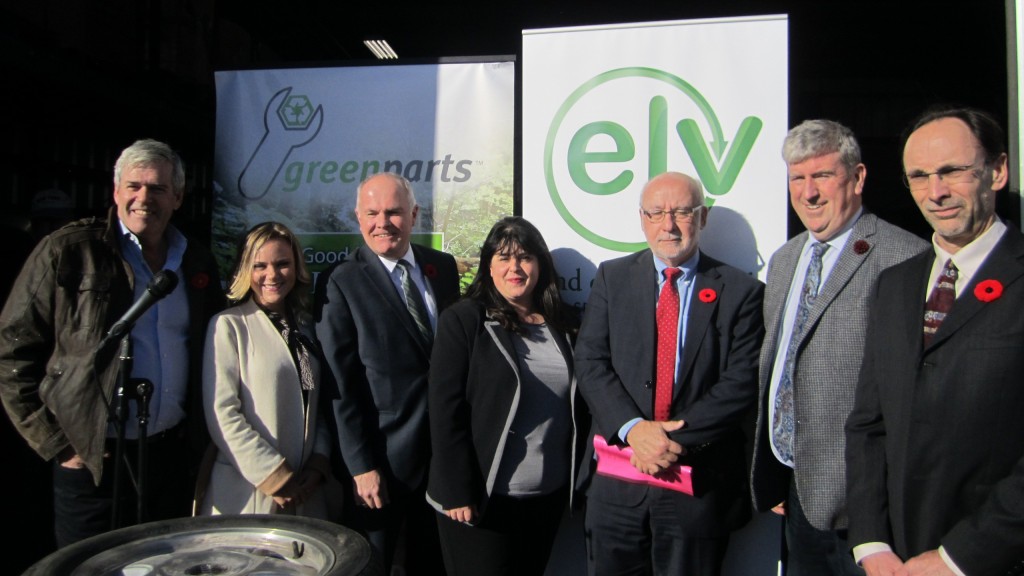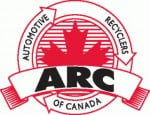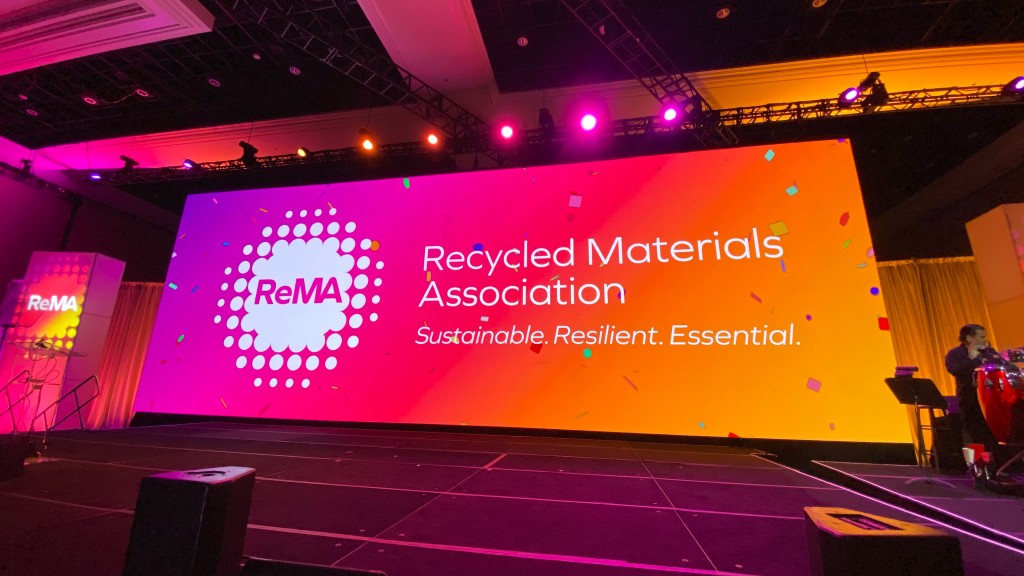On the road to building a circular economy for ELVs in Canada
National automotive recycling sector council to help maximize resource recovery associated with end-of-life vehicles

The Automotive Recyclers of Canada (ARC) with the support of the Canadian Vehicle Manufacturers’ Association (CVMA) and Global Automakers of Canada (GAC) announced, at the beginning of November, the launch of the national End-of-Life Vehicle Sector Council (ELVSC). According to the organizations, ELVSC will be a critical component of the circular economy for the management of 1.6 million vehicles that reach end-of-life annually in Canada. It will act as a standards development and regulatory compliance body in support of the ELV environmental management standard that will also provide technical clearinghouse services for educating and training ELV processors in best practices for the dismantling, reuse and recycling of ELV and their components.
ELVSC will also support Ontario auto recyclers to meet regulated end-of-life vehicle (ELV) recycling standards adopted by Ontario in March 2016 and other provinces (PEI). These standards will ensure vehicle are dismantled with proper management of hazardous and subject wastes and will require all ELV recyclers in Ontario to prevent discharges of pollutants (e.g. air conditioning refrigerants, mercury switches and lamps, lubricants, and asbestos brake pads) to the environment.
The Ontario regulated standards are based on the work undertaken by ARC over 10 years that have resulted in the Canadian Automotive Recycling Environmental Code (CAREC). CAREC was developed in response to demands by Environment and Climate Change Canada for diligent ELV recycling practices for vehicles recovered under the national vehicle scrappage program and those run independently by automakers. ARC has now launched the ELVSC in recognition that vehicles are becoming increasingly sophisticated using lightweight materials and employing diverse power and drivetrains, which require increased technical knowledge, sophistication and environmental diligence on the part of ELV recyclers.
Says, Steve Fletcher, Managing Director of ARC, “Establishing a high level of proficiency in the automotive recycling sector is critical to building future commercial partnerships, increasing technical communication between automakers and ELV recyclers and extracting the maximum amount of resources from ELV safely and without discharges to the environment.”
As a national not-for-profit ELVSC will:
Caption (left to right):
The Honourable Glen Murray Minister of Environment and Climate Change (MOECC) stated, “I welcome the End of Life Vehicle Sector Council into the resource recovery world. We support efforts they are making with regard to managing vehicles at the end of their useful lives across the country. National standards would ensure vehicles are dismantled with proper management of pollutants and increased recycling. I am happy that regulations we put into place here in Ontario this year, in a previously unregulated industry, are showing positive environmental results and moving us further toward a circular economy.”
“The Canadian Vehicle Manufacturers’ Association (CVMA) fully supports the work and policy objectives undertaken by ARC to develop the ELV EMS and it commends Ontario for its leadership in proceeding with the implementation of this new environmental standard. The formation of the ELVSC nationally recognizes the long- standing recycling infrastructure that exists in Canada and makes the application of this standard a collaborative venue for ensuring proper and systematic vehicle recycling which protects the environment and results in innovative resource recovery efforts”, said Mark Nantais, President.
“This is a great development for the end-of-life vehicle process. It will basically put into place what most people already assume happens and ensure proper waste disposal at regulated facilities across many communities,” said Teresa Di Felice, Director, Government and Community Relations, CAA SCO.
“The Canadian Steel Producers Association (CSPA) strongly supports the sustainable dismantling, reuse and recycling of ELVs and their components in Canada. Steel is a material that can be recycled repeatedly without losing its properties, making recycled steel a critical raw material in the steelmaking process. With CSPA member companies recycling more than 7 million tonnes of steel annually, much of which is the result of ELV processing, maintaining best practices for ELV processing is of particular concern to CSPA member companies,” said Aleksandra Pogoda, Director of Environment, Canadian Steel Producers Association.
“Formalizing the process to ensure that vehicles and their components are recycled in a way that respects the environment is in everyone’s interest,” said David Adams, President of the Global Automakers of Canada. “A robust, collaborative end-of-life process also facilitates the vehicle retirement process outlined in Ontario’s Climate Change Action Plan as a means of significantly reducing GHG emissions from the light-duty vehicle sector.”



